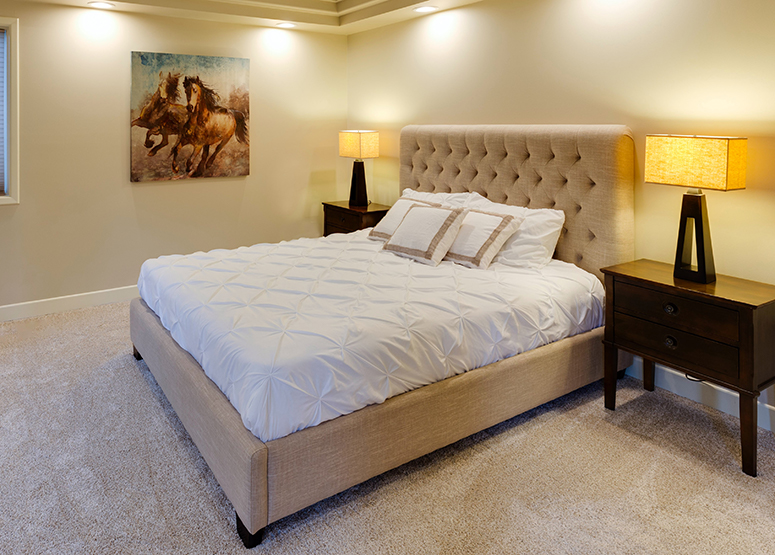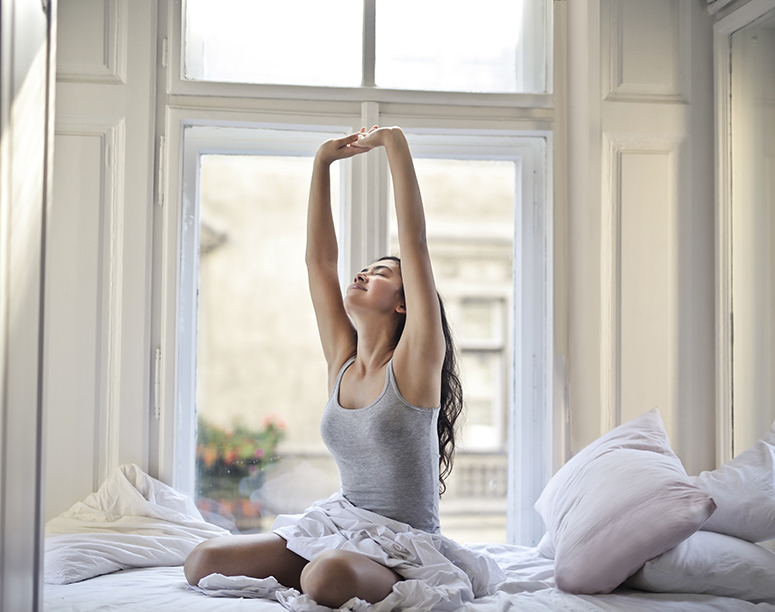Do you choose your lamps and lighting system based on aesthetic, price, or brightness? It would be better to consider other factors, too, when choosing the type of light or lighting to use in your home.
Studies have shown that light affects our mood, energy level and productivity. It is linked to various biological, mental and emotional processes in the body. For example, inadequate lighting does not just hurt the eyes, it could also contribute to depression and vitamin D deficiency. Lighting can also affect our appetite, so it matters what kind of light we use in our dining areas.
Our body naturally responds to light. Our internal clock is synchronized with the light that our bodies absorb during a 24-hour period. This is referred to as our circadian rhythm, which affects the body and influences sleep, mood, digestion, temperature control, alertness, and even cell renewal.

It follows then that brighter lights are best for the daytime, while warm and relaxing dim lighting is perfect for evenings. If the body gets confused, sleep may not be restful and there will be less energy during the day. Install a dimmer on the lighting system so you can adjust the intensity of the light based on the task at hand and the time of day.
A good rule to follow when trying to think of lighting systems for the home is to use natural light as much as possible. Maximize the presence of windows by keeping them open so high quality light can pour inside the rooms. According to a 2014 study, natural lighting has the ability to lift our mood and improve behavior and hormonal imbalance. The same study also found that natural lighting can limit illnesses at home, improve attendance at work, and contribute to creating a happy environment anywhere.

For the bedrooms, weak, indirect and warm lighting will help create a quiet and relaxing environment. You can also use this type of lighting for tasks or activities that require relaxation or calmness like meditation, taking naps, or taking breaks. It has also been proven that avoiding direct exposure to blue light (phone or laptop screens, for example) at bedtime leads to better sleep quality.
Finally, if you are thinking about the kind of lighting that is best for your home’s dining area, consider this: People tend to eat slower and partake of lighter meals in rooms with bright lights. On the other hand, they tend to overeat in rooms with dim lighting.

